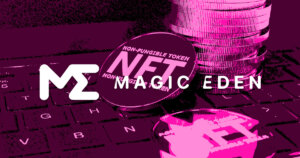

Ordinals
About Ordinals
Ordinals serve as a unique numbering scheme for satoshis, allowing users to track and transfer individual sats. Satoshis are numbered according to their mining order and transferred using a first-in-first-out method. The order of transaction inputs and outputs affects both the numbering scheme and the transfer scheme, which both rely on order. The numbering scheme uses the order in which satoshis are mined. Hence the name, ordinals.
Ordinals is open-source and community funded, developed on GitHub. The project consists of a BIP outlining the ordinal scheme, an index that connects to a Bitcoin Core node to track the whereabouts of all satoshis, a wallet that supports ordinal-aware transactions, a block explorer for interactive blockchain exploration, functionality for inscribing satoshis with digital artifacts, and this manual.
Ordinal numbers have a few different representations:
- Integer notation:
2099994106992659The ordinal number, assigned according to the order in which the satoshi was mined. - Decimal notation:
3891094.16797The first number is the block height in which the satoshi was mined, the second the offset of the satoshi within the block. - Degree notation:
3°111094′214″16797‴. We’ll get to that in a moment. - Percentile notation:
99.99971949060254%. The satoshi’s position in Bitcoin’s supply, expressed as a percentage. - Name:
satoshi. An encoding of the ordinal number using the charactersathroughz.
Ordinals News
All images, branding and wording is copyright of Ordinals. All content on this page is used for informational purposes only. CryptoSlate has no affiliation or relationship with the product mentioned on this page.



 CoinGlass
CoinGlass 


 Farside Investors
Farside Investors 
















































































 Bitcoin Core
Bitcoin Core  Pump.Fun
Pump.Fun  Tangata Manu
Tangata Manu  Nostr
Nostr  LIDO
LIDO 